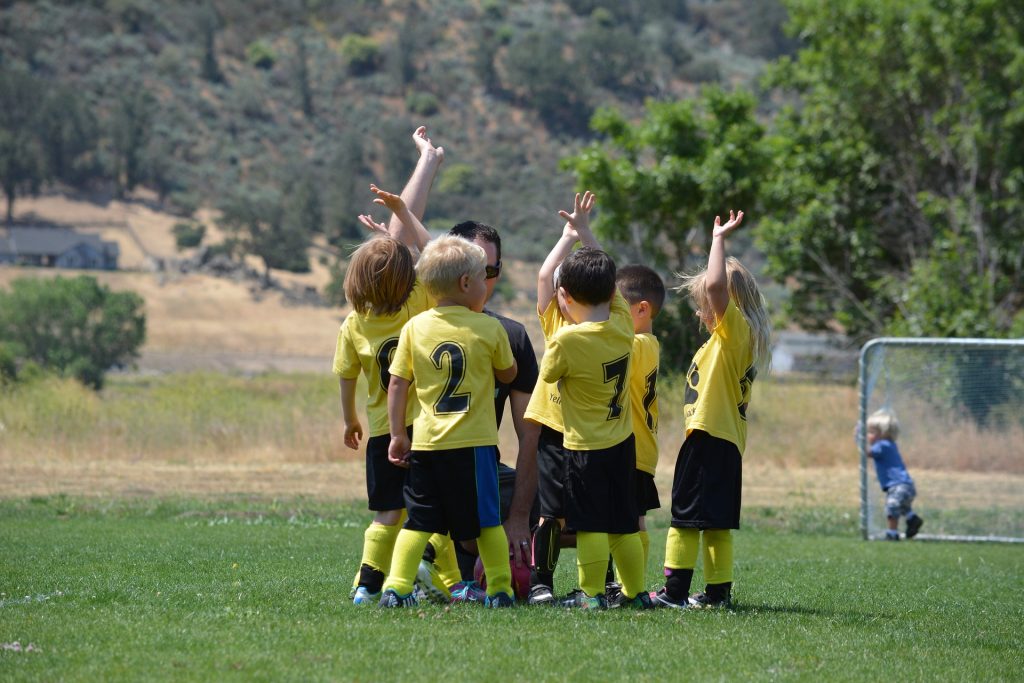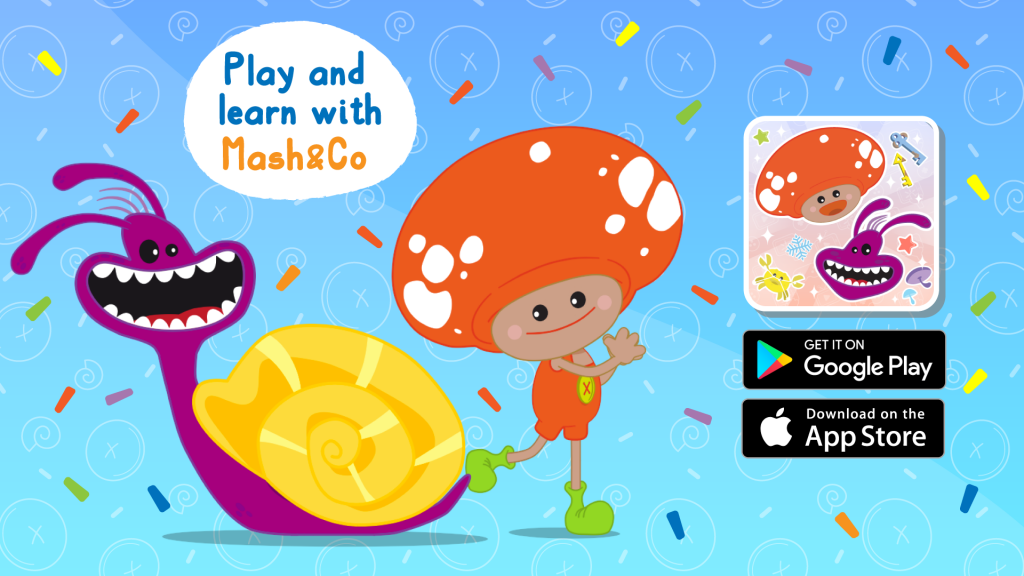The Value of Sharing: How to Teach It to Our Children
“Sharing makes you more significant than you are. The more you give to others, the more life you can receive”.
Sharing is a very close topic to us as it is an essential social skill to build healthy, strong relationships and contribute to the well-being and happiness of the collectivity. Let’s discover together the deep meaning of sharing and the importance of teaching this value to our children.
The meaning of sharing
 The word share means “to see separated but with someone.” In a broader sense, sharing also means to give to those in need “our diversity” and our resources for everyone’s well-being. So it is a question of putting together one’s ideas or means for a common benefit.
The word share means “to see separated but with someone.” In a broader sense, sharing also means to give to those in need “our diversity” and our resources for everyone’s well-being. So it is a question of putting together one’s ideas or means for a common benefit.
Sharing leads to happiness, thanks to diversity. And isn’t this the basis on which the relationships are based?
Love and friendships are based on sharing, looking at each other despite the different points of view, and the value of mutual help. For this reason, it is essential to teach children the high value that “sharing” takes in everyone’s life and the importance of sharing our tangible or intangible “things” with others.
A world without sharing is unimaginable; families, tribes, villages, and cities would no longer exist. Knowledge would be kept secret and, therefore, not handed down. We would not have passed. Therefore, sharing is so important that it is fundamental.
READ ALSO: HOW TO TEACH KIDS EMPATHY
Mash&Co can help your kids’ sense of sharing through stories the feature mutual help and understanding.
How to teach children the value of sharing?
For the little ones, learning to share their things is the first step to determine the real value of “sharing.” How many times have we noticed children fighting over a toy and repeating, “This is mine!”
Explain to our children the importance of sharing without forcing their behavior and respecting their times even if, and we know it very well, that it is not always easy and immediate to make children understand that a toy or a snack does not belong to us (in a categorical sense) and can be shared instead with someone else.
This process can be facilitated, starting from the behaviors that we do every day as adults. What we do and how we relate to others dramatically affects children’s growth. In fact, as in all the animal kingdoms, the little ones learn how to live and survive in the world from their parents. In our case, small gestures are sufficient to teach kids valuable behaviors.
Teaching sharing is an act of love towards humanity because sharing also means knowing how to create relationships and take care of others’ happiness.
Here is some example that will make our children understand the value of sharing:
• Let’s learn to help who needs most with patience, at the supermarket, in a row, or on the bus while we are sitting;
• Let’s give time to the people we love to share moments, emotions, happiness, and well-being with them;
• Let’s share our things with others. Therefore children will argue less about their toy by learning to lighten the weight of the words “mine” and “yours”;
• Let’s explain to children the importance of sharing feelings, thoughts, opinions with the people we love;
• Let’s help children share their things like snacks, pencil colors in the family between siblings;
• Let’s educate children about the value of things, not to waste and to love and take care of what they have;
• Prepare more significant loads of snacks for our children and ask them to share them in class with others;
• If we know families in hardship, help them invite their children to have lunch with us or organize a collection with other families to help them pay for their children’s meals.
READ ALSO: TEACHING CONSCIOUSNESS TO CHILDREN



